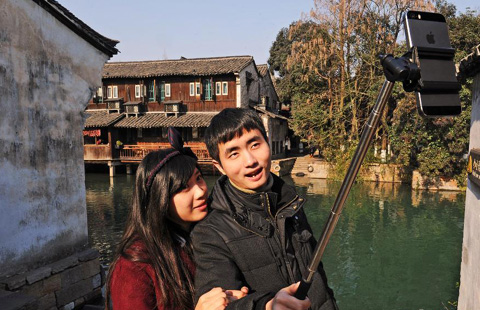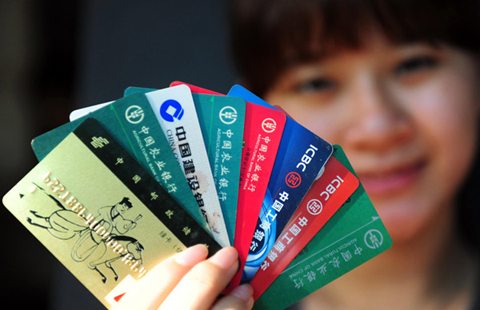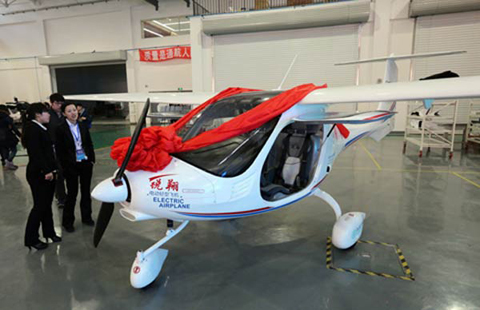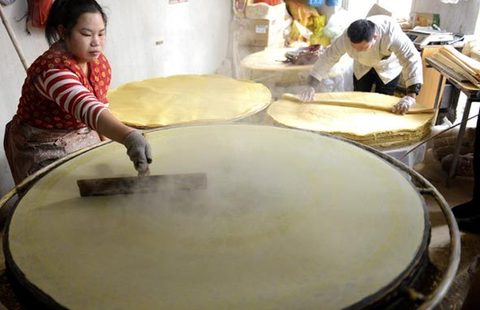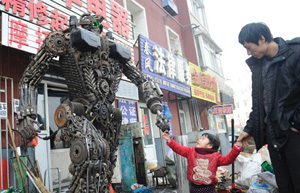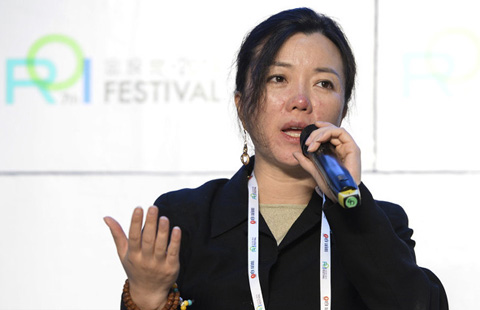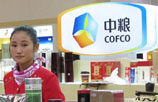Apps bring offline services to your doorstep
By Meng Jing (China Daily) Updated: 2015-02-09 07:29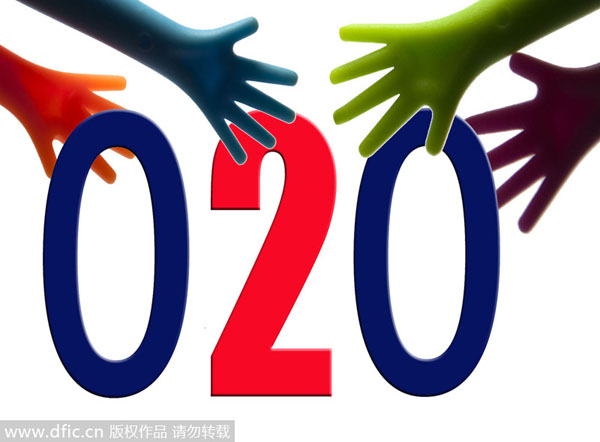 |
|
The model of "ordering online and being served offline", or O2O is blossoming in China and transforming not only the way people live but also the operation of traditional businesses. [Photo/IC] |
By booking services on Hou's application Momoda, pet owners can have their dogs or cats washed and dried by professional pet groomers in the comfort of their own homes.
Hou's door-to-door pet cleaning business is rather novel, but he is certainly not the first entrepreneur to connect technology and daily services in a bid to cash in China's booming online to offline market.
Thanks to a growing group of entrepreneurs, such as Hou, many people in China's major cities can get easier access to a range of goods and services.
These include booking a manicure on the Helijia app, while Yaogeili can deliver nonprescription drugs to your doorstep within one hour, Yunjiazheng can send a housekeeper to clean your home and Gongfuxiong can even send a massage therapist to your home or office when you feel tired.
The model of "ordering online and being served offline", or O2O is blossoming in China and transforming not only the way people live but also the operation of traditional businesses.
"Customers previously had to bring their dogs to the nearest pet shop and wait for hours to have their beloved animal washed and dried. If the pet shop was not clean enough, the animals would be at risk of catching infectious diseases," says Hou.
He points out that his app receives an average of 100 requests a day to wash dogs, but his team of 10 can only handle 50 dogs a day.
Just like Momoda, the O2O sector is small but growing quickly.
Statistics from Beijing-based Internet consultancy Analysys International says that the O2O market was worth 240 billion yuan ($38.54 billion) in 2014, compared with 200 billion yuan in 2013.
- Homosexual-dating app explores overseas market
- Chinese brokerages see surging profits in January
- New Zealand, Chinese customs move toward electronic trade verification
- Drone shines in Wang Feng's proposal to Zhang Ziyi
- China launches first equity options, investors bet stock prices to rise
- Alibaba places China smartphone business bet with $590m Meizu deal
- Chinese container vessel arrives in Myanmar
- China warns of challenges for global economy in 2015
